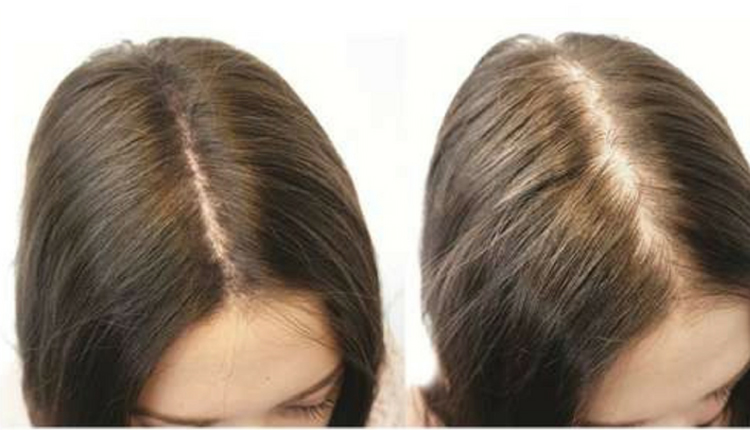
Exploring Female Pattern Thinning: Unveiling Key Influences
Female pattern thinning, also referred to as Androgenetic Alopecia, presents a common concern among women worldwide. This condition, characterized by progressive hair loss, is influenced by a variety of factors that contribute to its development and progression. Let's delve into these influences to gain a comprehensive understanding:
Genetic Predisposition: Genetic factors play a significant role in female pattern thinning. Women with a family history of hair loss are more prone to experiencing thinning themselves, underscoring the hereditary nature of this condition.
Hormonal Fluctuations: Hormonal imbalances, particularly fluctuations in androgen levels, contribute to female pattern thinning. Changes in hormones, such as those experienced during puberty, pregnancy, menopause, or due to certain medical conditions, can influence hair follicle health and contribute to hair loss.
Environmental Exposures: Emerging research suggests that environmental factors may impact female pattern thinning. Exposure to pollutants, such as air contaminants and heavy metals, may exacerbate hair loss, emphasizing the importance of environmental awareness in preserving hair health.
Lifestyle Choices: Lifestyle factors also play a crucial role in the onset and progression of female pattern thinning. Dietary habits, exercise routines, and stress management practices significantly influence hair health, highlighting the importance of holistic well-being in addressing hair loss.
Medical Considerations: Certain medical conditions and medications can contribute to female pattern thinning. Conditions like thyroid disorders, autoimmune diseases, and polycystic ovary syndrome (PCOS), along with medications such as hormonal contraceptives, may exacerbate hair loss in women.
Understanding the multifaceted nature of these influences provides valuable insights into managing female pattern thinning effectively. By adopting proactive measures such as minimizing environmental exposures, maintaining healthy lifestyles, and seeking appropriate medical guidance, women can navigate female pattern thinning with greater resilience and confidence.
Through meticulous microscopic analysis, our trichologist, Dr. Arti, accurately diagnoses the stage of hair loss and tailors personalized treatment plans. These plans may include vitamin supplements, anti-DHT products, and therapies to stimulate miniaturized hair follicles. Your initial consultation allows for the development of a customized treatment approach that aligns with your specific health needs and concerns.

